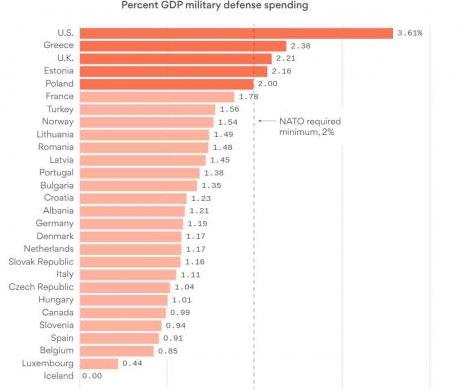7667766266
enquiry@shankarias.in
What is the issue?
What is causing fissure within the organization?

Why did Trump single out Germany for criticism?
What is the actual situation?
Source: The Hindu